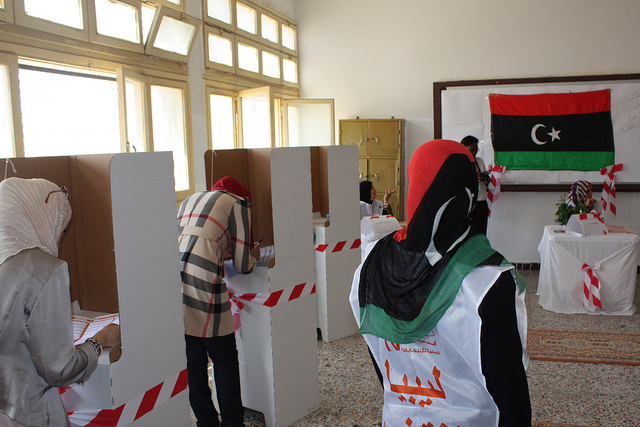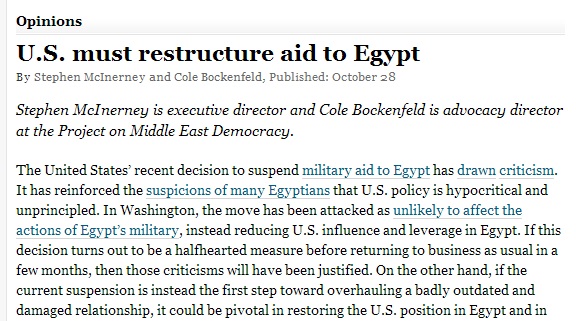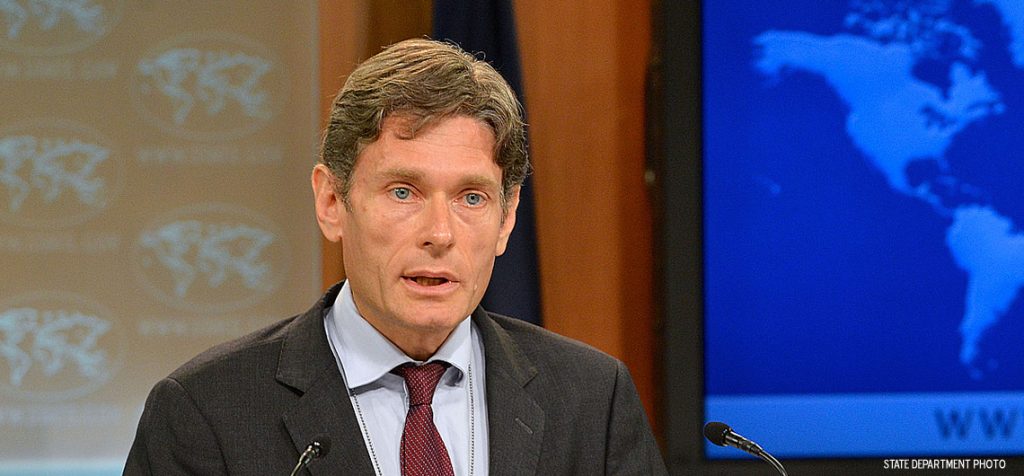



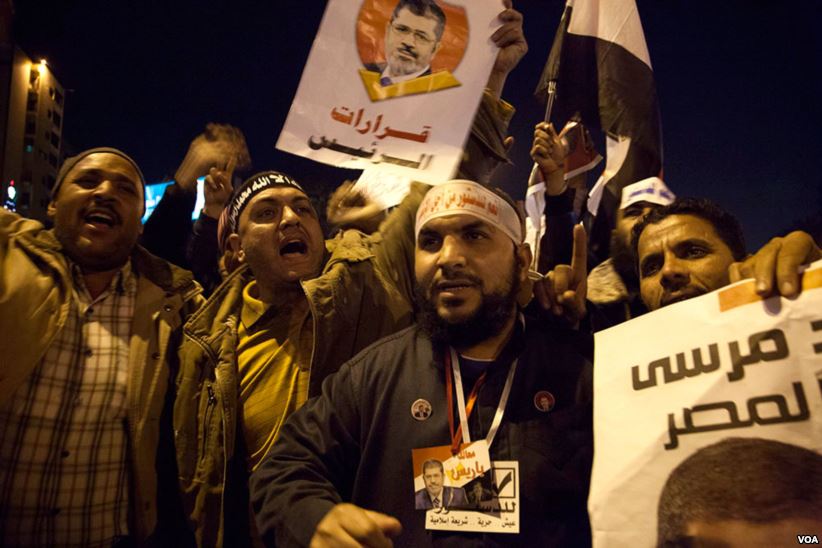
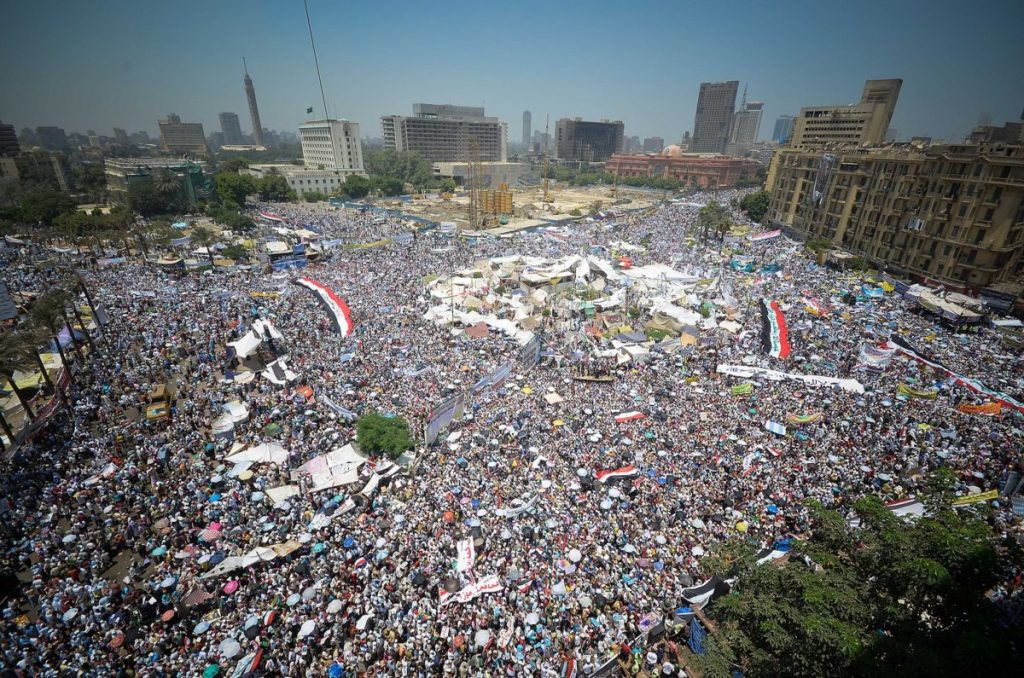

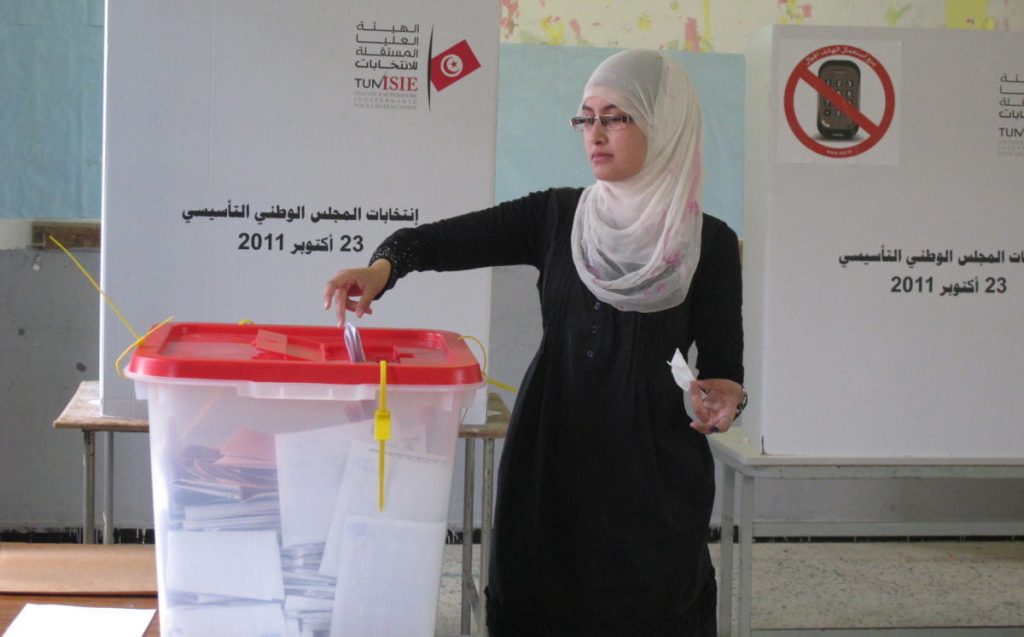
Presented by the Project on Middle East Democracy (POMED) and Americans for Democracy & Human Rights in Bahrain (ADHRB):
Wednesday, February 12, 2014
10:00 am – 11:30 am
U.S. Capitol Visitor Center, Room SVC 203-02
Bahrain, home to the U.S. Navy Forces Central Command and the Fifth Fleet, is a vital security partner of the United States. As a result, events on the ground in Bahrain could have profound implications on long-term U.S. security interests in the region. In November 2011, the Bahrain Independent Commission of Inquiry (BICI) confirmed that the Government of Bahrain had engaged in systematic human rights violations in response to peaceful protests that began in February of that year and recommended 26 legal and policy changes intended to prevent a recurrence of similar events, which were publicly accepted by King Hamad. The BICI report was welcomed by the international community as a potentially critical step toward resolving the country’s escalating political crisis.
Yet two years after the release of the BICI report, the Government of Bahrain has made little meaningful progress in implementing those recommendations, missing a critical opportunity to use the report as a bridge toward necessary political reform. Now, after nearly three years of political stalemate, recently revamped political negotiations between the monarchy and opposition leadership may indicate a new way forward for the country.
What diplomatic options does the United States have in Bahrain? What are the main obstacles to political reform and reconciliation in the country? What role, if any, will the new talks play in resolving Bahrain’s deepening divides?
With
Dwight Bashir
Deputy Director,
U.S. Commission on International Religious Freedom
Maryam al-Khawaja
Acting President,
Bahrain Center for Human Rights
Sarah Margon
Acting Washington Director,
Human Rights Watch
Sayed Radhi al-Moosawi
Acting Secretary-General,
National Democratic Action Society (Waad)
Moderator: Husain Abdulla
Executive Director,
Americans for Democracy & Human Rights in Bahrain (ADHRB)
For a summary of this event, continue reading below or click here for a pdf.
Husain Abdulla opened the event by describing the current situation in Bahrain. He said, “rather than see a move toward reform, the situation is in many ways regressed.” For example, Abdulla said that Bahraini officials have not been held accountable for human rights abuses committed since 2011. Abdulla then enumerated some “steps the United States can take to support meaningful dialogue,” which included the establishment of an international monitoring mechanism, a commitment to human rights, and the existence of military funding only as it is compliant with the intent of the Leahy Law. After Abdulla finished his introduction, he introduced the rest of the panel members—Dwight Bashir, Maryam al-Khawaja, Sayed Radhi al-Moosawi, and Sarah Margon.
Dwight Bashir spoke next, and he opened with a statement that the events surrounding the 2011 uprising “changed Bahrain forever.” Then, he said that even though the Royal Court made a commitment to implement the reforms suggested in the Bahrain Independent Commission of Inquiry (BICI) report, there has “not been significant progress.” For example, Bashir said that 30 mosques were expected to be rebuilt for the Bahraini Shi’a community at the government’s expense. While the government claims to have rebuilt 10 of these mosques already, 6 of them were actually completed by the Shi’a community without reimbursement. On a more positive note, the target completion date for the rebuilding of the mosques was expedited from 2018 to 2014. Regarding government officials’ accountability for past abuses, Bashir said that there has been “clearly insufficient effort and even progress.” Instead of progress on the human rights front, he said that there “continue to be arbitrary arrests and long-term detentions.” If there is to be progress in 2014, Bashir believes that it can come through the following actions: U.S. emphasis on the implementation of BICI reform efforts, cessation of media incitement, public statements from members of Congress on prisoners of conscience, alignment of the State Department and the Pentagon’s reform goals, the establishment of an international monitoring entity subscribed to by all sides.
Then, Maryam al-Khawaja outlined some of the human rights abuse cases that have surfaced since January 2014. She underscored the lack of due process in all of her examples—specifically because of enforced disappearances, the use of torture to obtain confessions, and the purposeful misapplication of Bahraini law. Al-Khawaja also cited deplorable prison conditions, the continuation of systemic torture, and extrajudicial killings as causes of grave concern. She warned that political reform will not happen in Bahrain until the government is willing to acknowledge the problems related to human rights. She also called for U.S. politicians to release solidarity statements and referenced a list of 58 Bahraini officials who she believes should be banned from traveling to the U.S. and should have their assets frozen, in addition to being tried in a court held to international standards. Finally, al-Khawaja discussed the presence of the U.S. Navy’s Fifth Fleet in Bahrain. She said that even though Bahrain has not exhibited any real reforms, the U.S. government is planning on expanding the Fifth Fleet. She warned that the U.S. emphasis on Bahrain as a strategic ally and willingness to maintain a relationship with the Bahraini government even with mounting human rights concerns is detrimental to U.S. interests in the region.
Next, Sayed Radhi al-Moosawi said that the Royal Family has tried to label the crisis in Bahrain as a sectarian conflict, but it is actually a “political, constitutional crisis” and has been since 1923. Al-Moosawi called for bilateral negotiations between the royal family and the opposition, stressing the importance of releasing prisoners of conscience to partake in what would then be a dialogue representative of Bahraini aspirations. He criticized the regime for purposefully wasting time and not trying to resolve the political crisis. Then, al-Moosawi explained that the National Democratic Action Society’s agenda is to establish fair, transparent elections in which each person would have one vote. He called for an elected parliament with full legislative and monetary authority, judicial reforms, and a civil democracy state. He also said that for the past 43 years, the Prime Minister has been responsible for “a high level of chaos,” including a housing crisis, high unemployment, and a disappearing middle class.
The last speaker was Sarah Margon, who presented an overview of U.S. policy on Bahrain. Referring to the U.S. government, Margon said that “they prioritize stability over anything else in the region.” She added, however, that they have the, “wrong analysis on what stability really is.” She said that it is “probably better for the administration to support the aspirations of all Bahrainis” to avoid, “vengeful violence.” She continued, “The U.S. is squandering its leverage with the Bahraini people.” Then, Margon’s tone became more hopeful. She said that the new Omnibus bill includes $3 million for democracy and governance, representing more thoughtful and aggressive policy. In addition, she said that pushing for human rights now is an opportunity for the U.S. administration to “regain their momentum.”
Abdulla then turned to the audience for questions. One question from a staff member in the office of Representative Jim McGovern (D-MA) was about how to pursue or achieve stability. Margon said that stability is no longer about government actors. Other actors, including civil society organizations, are becoming increasingly important. She advised that civil rights, governance, and the rule of law should be considered equally important to U.S. national security interests in the region. Margon added that the presence of the Fifth Fleet in Bahrain has become an excuse for human rights policy in the country. Bashir then said that the Armed Services and Appropriations Committees—those committees connected to the Fifth Fleet—could be instrumental in asking for Bahraini officials to be placed on visa ban lists. Al-Khawaja answered last, offering a story about increasing displays of anti-U.S. sentiment on the streets in Bahrain. She explained that in 2011, protestors would go to the U.S. embassy for support in their demonstrations, sharing donuts in the street with embassy personnel. Today, however, protestors carry signs equating President Obama to King Hamad.
